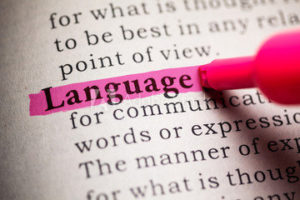
Forensic linguistics is concerned with every aspect of language and the law.
…linguistics is virtually invisible to most people…Just as physicians are trained to see things in an X-ray that the average person with excellent vision cannot see, so linguists are trained to see and hear structures that are invisible to the lay person.
Roger Shuy, xvii, Language Crimes
A forensic linguist is sometimes a general practitioner and sometimes a specialist in any of a number of sub-areas within the science. If you are a Shakespeare scholar, questions of authorship might interest you. If your interest is in phonetics, then voice identification might appeal. A conversational analyst might be interested in the detection of emergency hoax calls…
John Olsson. p. 4. Forensic Linguistics
Anyone know what “forensic” means?
What is forensic linguistics?
Career phases
Linguistics I…
…was the academic part: I observed language usage and language change, analyzed them, noted how my observations supported this or that theory, and wrote, published and delivered papers for academic audiences. My dissertation was a study of code-switching in Hawaiian English.
For a year, I was President of the Michigan Linguistic Society. In my opening address, I warned linguists that they need to stay relevant and offer public opinion on language manipulation and abuses, which today are all around us. What’s your pronoun? To their shame, they have not done so.
I taught linguistics and English composition, most recently at Wayne State (Detroit MI), including a graduate-level course in style. My interests were and are wide-ranging. I co-authored a paper about jazz and language; 30 years later, it gets 124,000 hits.







